T4K3.news
Brain tumour misdiagnosed prompts charity fundraising
Kim Wilson learned in Newcastle in 2022 that her symptoms were caused by a grade 3 astrocytoma, sparking a nationwide fundraising drive for Brain Tumour Research.
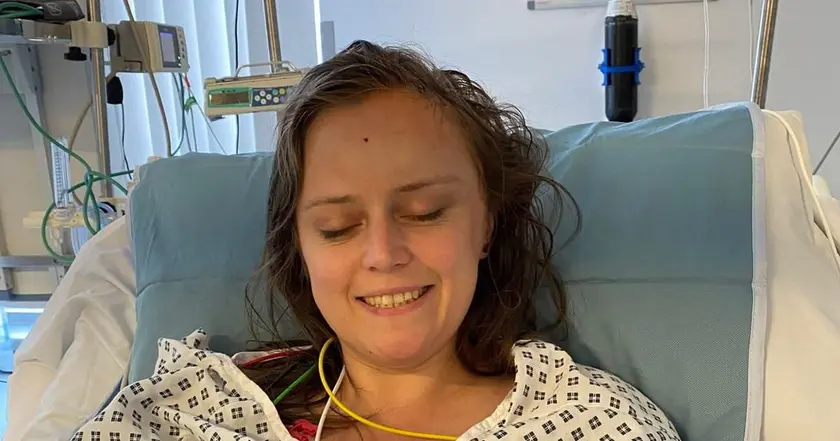
A Cumbria woman learned after brain surgery that her three years of symptoms were due to an incurable brain tumour, prompting a nationwide fundraising effort.
Brain tumour misdiagnosed as panic attacks drives charity fundraising
Kim Wilson, 37, from Cumbria, endured three years of unusual symptoms before a hospital visit in August 2022 led to a life changing diagnosis. After collapsing on a work call, she underwent an MRI at Newcastle's Royal Victoria Infirmary which revealed a brain tumour. An eight hour operation removed as much of the tumour as possible and confirmed a grade 3 astrocytoma, an aggressive and incurable cancer. She completed radiotherapy and twelve rounds of chemotherapy by October 2023, with six monthly scans now guiding follow up.
To channel her experience into action, Kim and her stepmother launched a fundraising campaign for Brain Tumour Research. They are coordinating a nationwide effort in August that challenges participants to perform 100 squats a day, a move that has drawn more than 100 supporters and raised over £4,000 in two weeks.
Key Takeaways
"I want people to feel they can live with cancer, not just survive it."
Kim on her motivation for fundraising and advocacy
"Kim’s story is a powerful example of how easily brain tumour symptoms can be mistaken for something else."
Ashley McWilliams on diagnostic challenges
"The next morning, I told my dad. Saying it out loud helped take away some of the fear."
Kim describing a moment of coming to terms with the diagnosis
"I can’t cure my own tumour, but I can help fund vital research that might lead to a cure for someone else in the future."
Kim on turning diagnosis into action
The case highlights how easily brain tumour symptoms can be mistaken for anxiety or stress, delaying critical imaging and treatment. It underscores the need for clear pathways to neurological assessment when seizures or unusual cognitive changes appear, even in the absence of a known risk. Beyond medical care, the story shows how charity campaigns can mobilize public support and accelerate research into diseases that are not easily cured. It also raises questions about how health systems balance urgent neurologic symptoms with other demands, and how communities can sustain long-term fundraising for medical science.
Highlights
- Listen to the body not the label
- Hope grows when people unite for a cause
- Live with cancer not just endure it
- Small acts can fund big changes
Health misdiagnosis raises need for early detection and patient support
The case illustrates how delayed diagnosis can affect outcomes and emotional well-being. It also shows the role of charities in funding research and the importance of access to diagnostic tests.
This story invites ongoing attention to how health systems catch serious illness early and how communities sustain support for research.
Enjoyed this? Let your friends know!
Related News
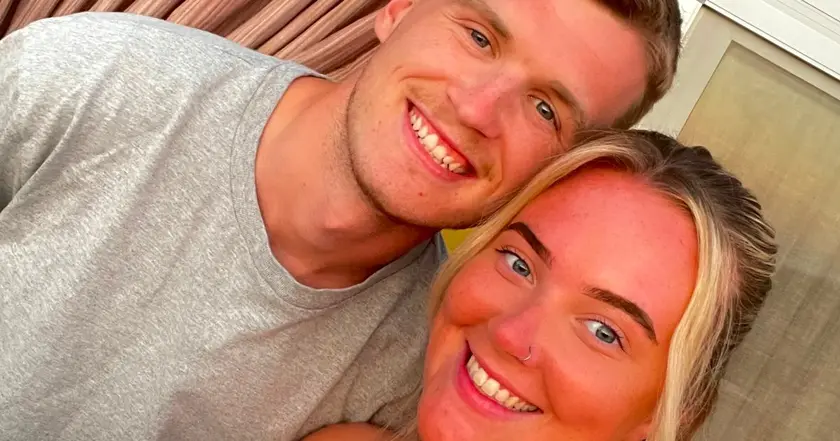
Kieran diagnosed with brain tumor after flu misdiagnosis
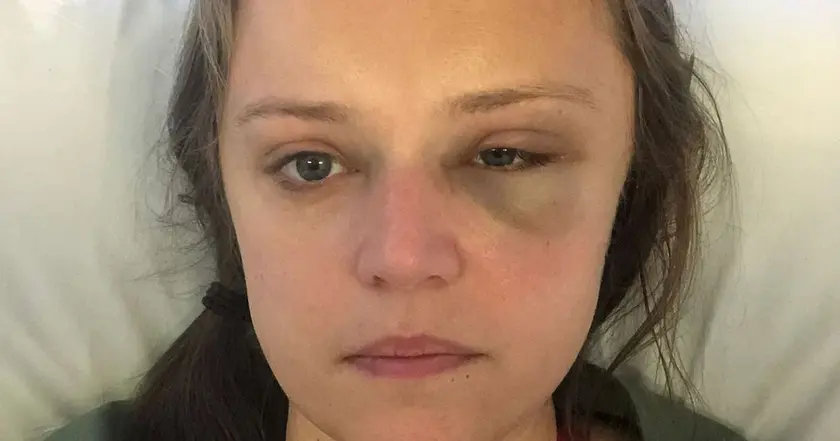
Woman discovers brain tumour after years of anxiety symptoms
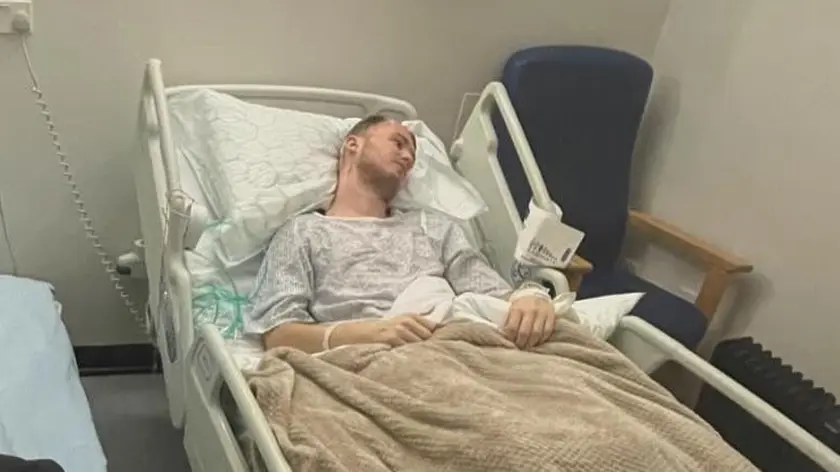
Young man diagnosed with brain tumor shares shocking journey
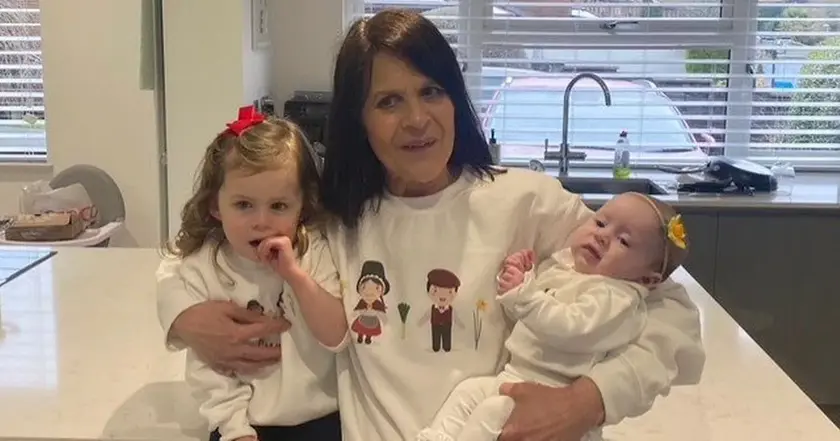
Grandmother dies after waiting for brain tumor diagnosis

Owain James case prompts call for tissue handling reform
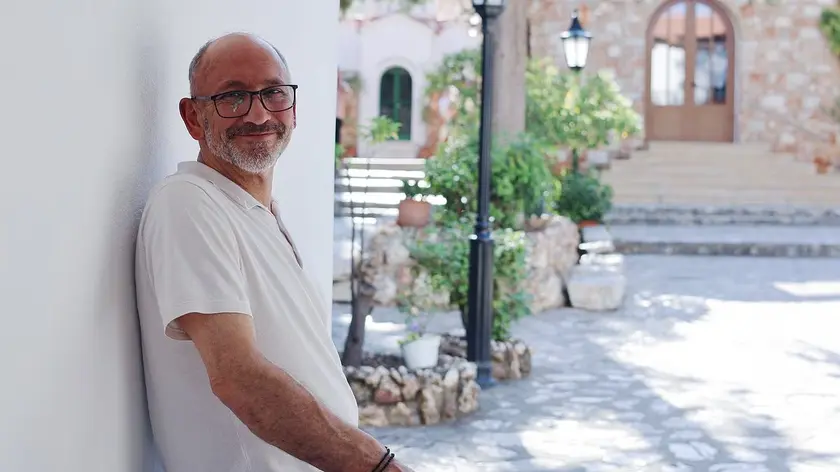
Father diagnosed with stage 4 glioblastoma after unusual symptom
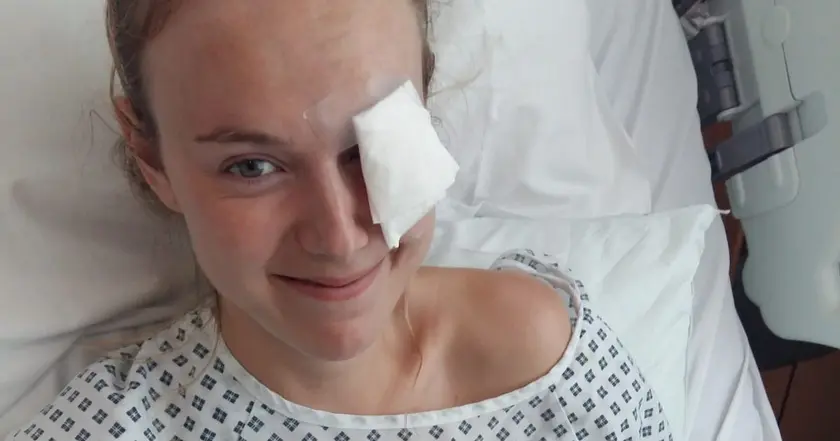
Abi Smith raises funds for brain tumour research

Dad dies after 11 medical misdiagnoses
